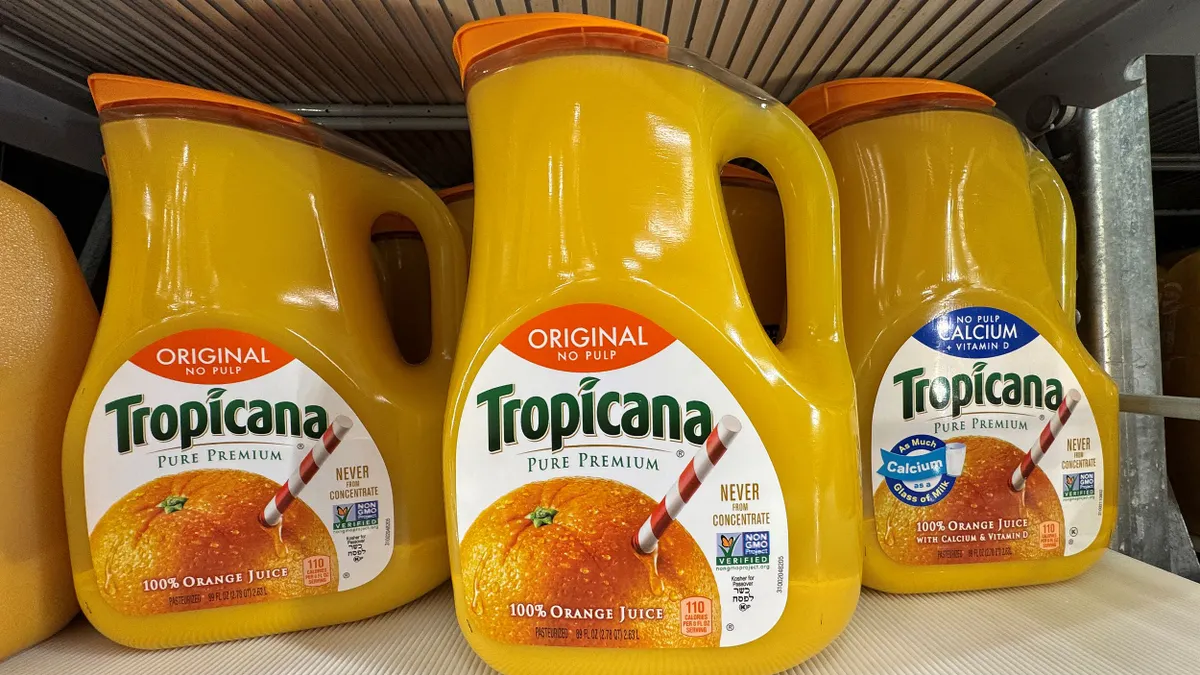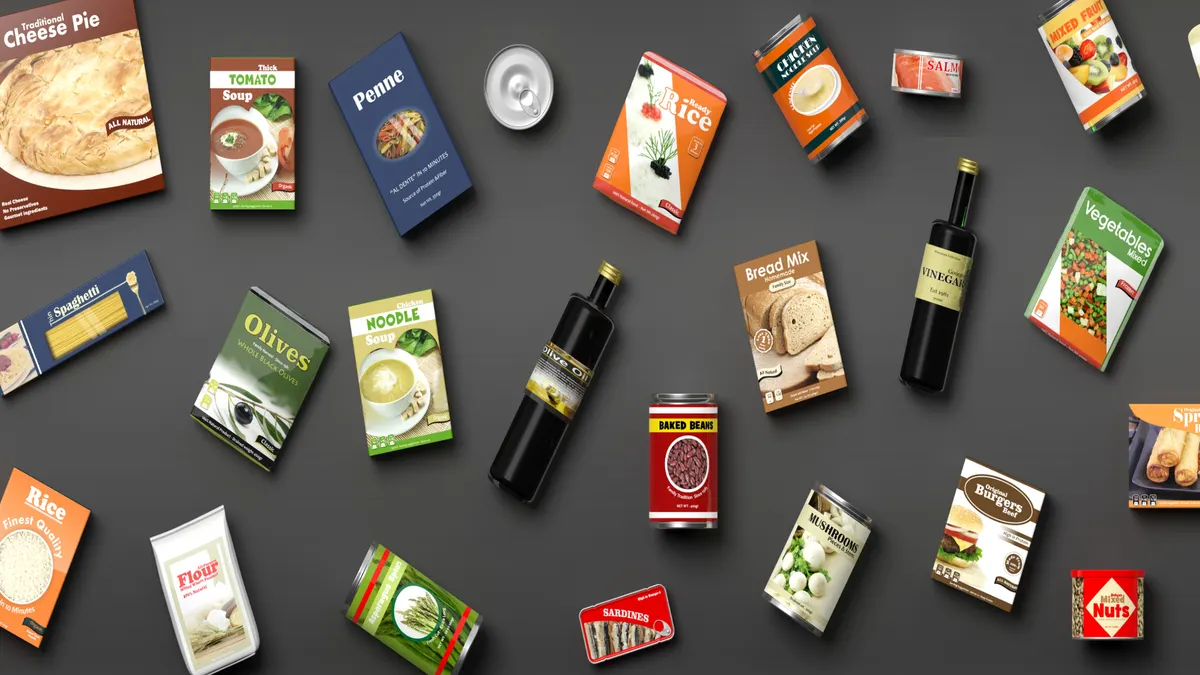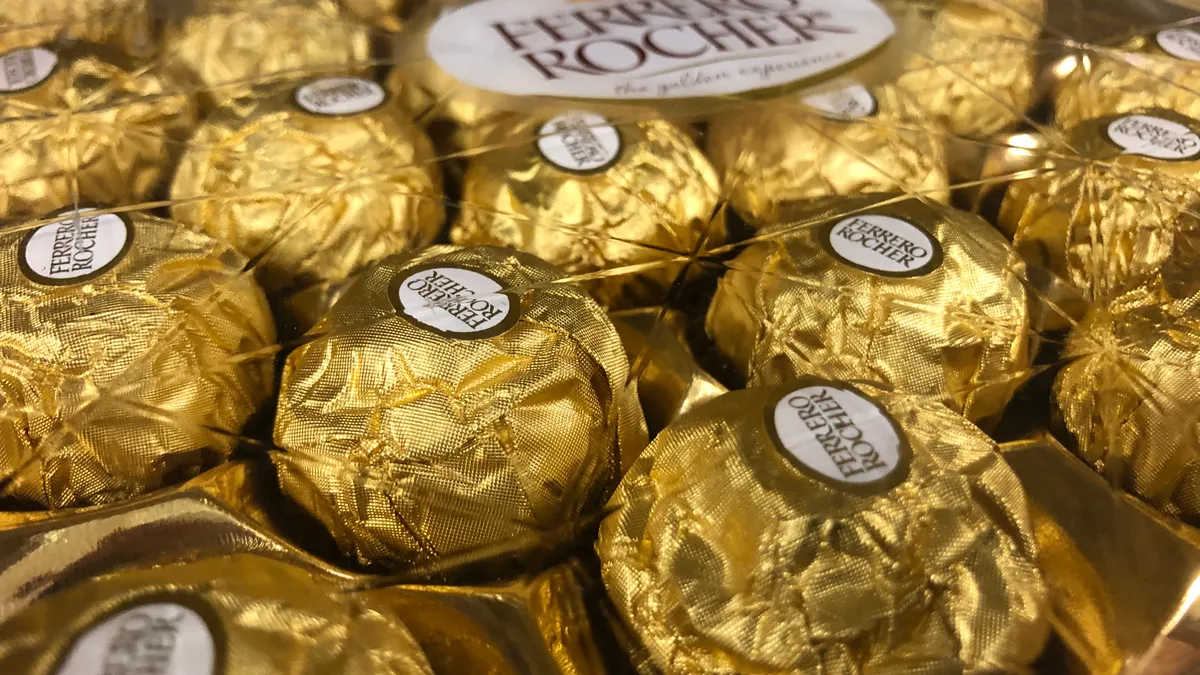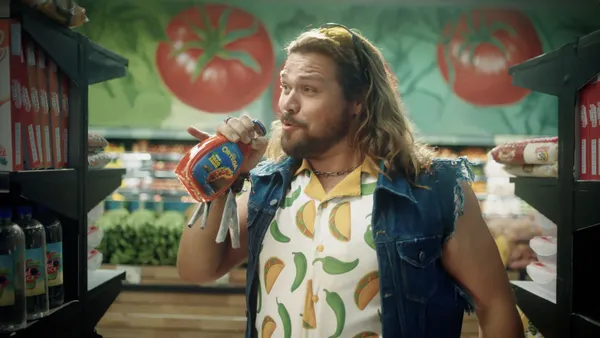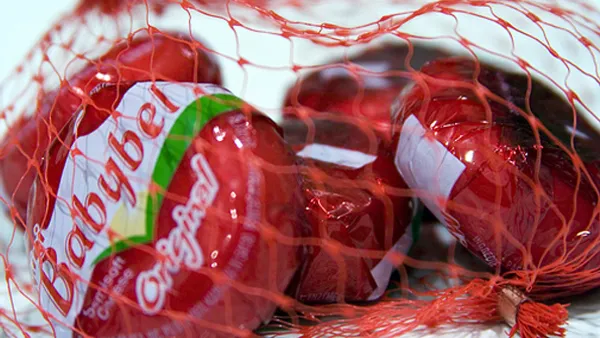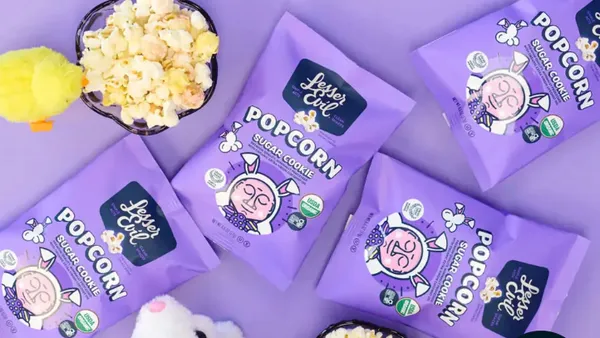Tropicana Brands Group has named Paul Chibe as CEO, tapping the former Pabst leader to turn around sales as the orange juice maker battles financial difficulties and fruit shortages.
Chibe succeeds Glen Walter, who will stay with the company in an advisory role through the end of the year. Walter led Tropicana Brands Group through its $3.3 billion spinoff from PepsiCo. Investment firm PAI Partners owns the majority of Tropicana, with PepsiCo maintaining a 39% controlling stake in the brands.
Chibe’s appointment is effective immediately. His career includes stints across the CPG space, most recently as CEO of privately held Pabst Brewing Company, where he was credited with driving significant growth, according to the release.
He also worked as president and CEO of Ferrero North America, where he expanded the confectionery company’s presence across North America, according to a release. Prior to that, he was U.S. chief marketing officer of Anheuser-Busch InBev, where he launched several innovations.
“Paul’s experience driving growth through innovation, adapting to a dynamic consumer landscape and integrating complex operating environments will be impactful at TBG,” Frédéric Stévenin, chairman of Tropicana Brands Group and co-managing partner of PAI Partners, said in the release.
Tropicana Brands Group’s portfolio includes Tropicana, Naked, KeVita, Izze, Copella and Dole's juice brands. Following the spinoff, the company said it was looking to accelerate growth both through innovation and expanding into other drink consumption occasions.
The juice maker has looked to revitalize itself after reports earlier this year indicated the company could be headed toward bankruptcy. PAI Partners infused the company with a $30 million emergency loan, CNN reported, while PepsiCo wrote down the value of its investment by $135 million last quarter.
Climate change has also presented long-term headwinds as the U.S. orange supply plummets from back-to-back hurricanes and plant disease. Tropicana's orange supplier Alico exited the citrus industry at the beginning of the year, saying “growing citrus is no longer economically viable."


